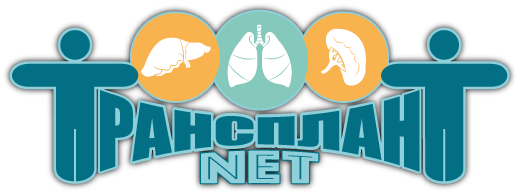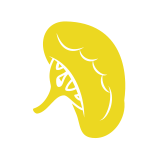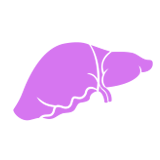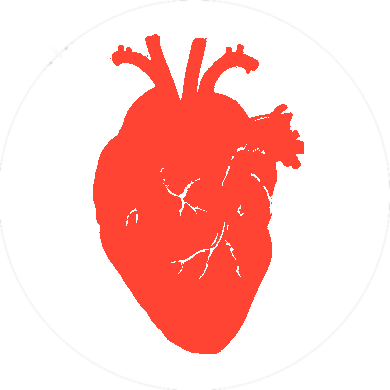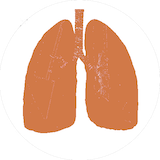 Presidential Grants Fund
Presidential Grants Fund
 vote “for”!
RU
vote “for”!
RU
Any person, an adult or a child, may need a transplantation. Such a need may arise suddenly, as a result of an accident, or be the result of a long illness. And this is a problem that only another person - a donor - can help to cope with.
Organ transplants can save many lives. During this operation, a healthy organ from one person (donor) is transplanted to another person (recipient) whose organ does not work.
Usually, the donor is a deceased person who has been diagnosed with brain death, but in some cases (for example, in case of a kidney transplant), the donor may also be a living volunteer. This is usually one of the recipient's closest relatives.
Only the support of the whole society can help survive those who need organ transplants. That is why people who, during their lifetime, agreed to donate their organs for transplantation after death are so important (donor4life.ru).
When deciding whether or not to donate our organs for transplantation after death, we may not know what awaits each of us in the future. Already tomorrow, any of us or our loved ones may need such an operation. And then we can only hope that the organ taken from another voluntary donor will save the life of a person close to you.
The first thing patients who need transplantation face is uncertainty. Most of them know nothing about transplantation: where to ask for help, where such operations are done, how to get this kind of assistance.
Doctors are poorly informed about this type of medical assistance and often don’t know themselves how to help a patient.
